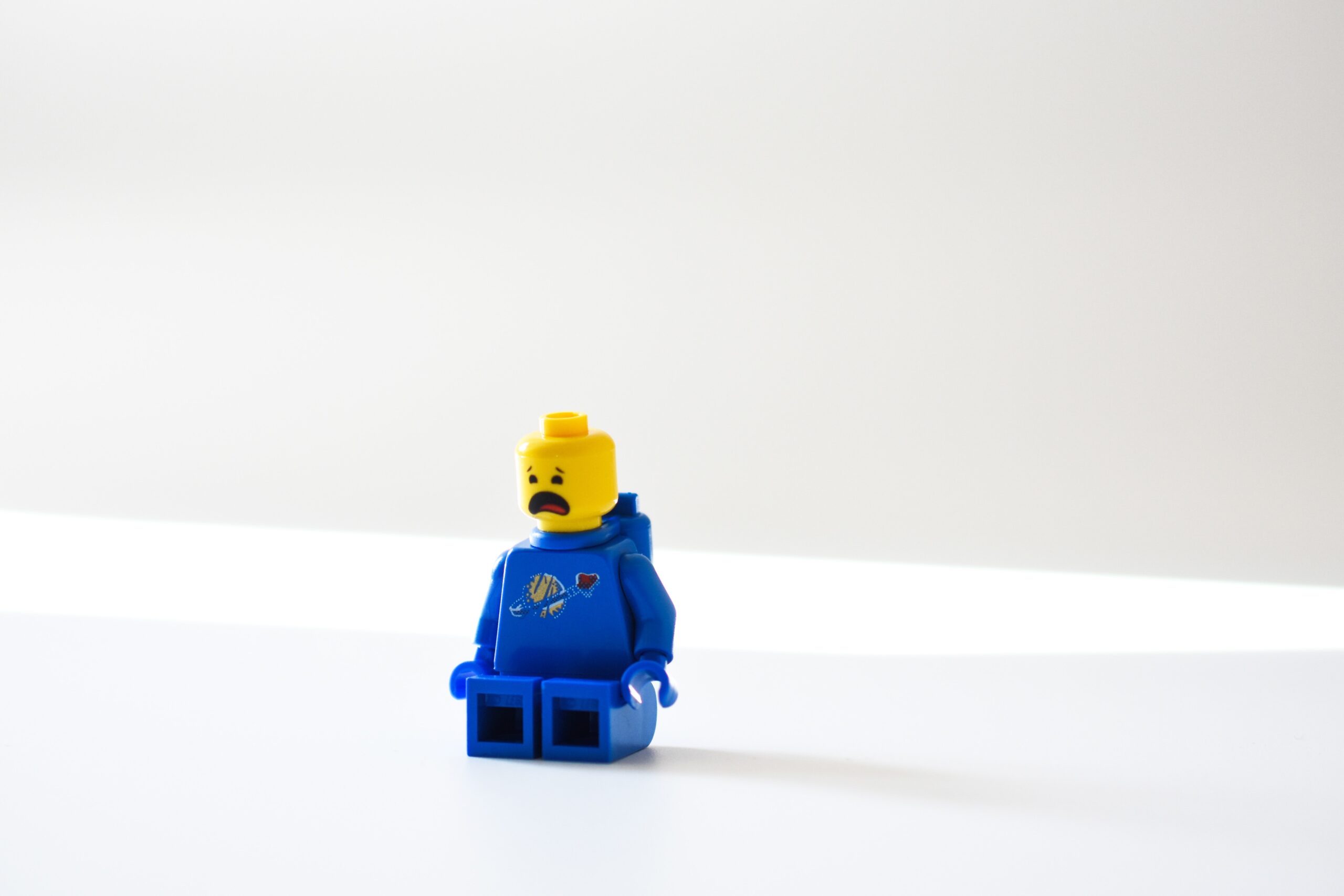“I will never be good enough. I can’t. My life stinks…” Chances are, you’ve probably uttered something to this effect to yourself at one point in your life. It’s not just unkind, it’s psychological — and it’s known as negativity bias.
“The negativity bias is our tendency not only to register negative stimuli more readily but also to dwell on these events,” said Kendra Cherry, MSEd, an author, psychosocial rehabilitation specialist and educator, writing for VeryWellMind. “In almost any interaction, we are more likely to notice negative things and later remember them more vividly.”
Why are Some People Negative?
While many people can cling to negative thoughts from time to time, there are some people who are overwhelmingly negative. Why are people more negative than others? There are many factors behind this, including the way we are raised and being exposed to more negativity early on in our lives.
“Children raised in an environment where pessimism, doom and gloom, and negativity are common will end up having that mapped into their developing brains as typical behavior,” said Susan Ways, an HR executive, motivational speaker and author of “Step into Your Power.”
“This results in a patterned way of thinking and behaving and becomes how you respond to your environment. If you
are surrounded by negative people, negative influences or anything non-positive for long periods of time, it is going to have an impact on your thinking.”
Other causes include surrounding yourself with negativity, not being able to break the habit of cynicism, fear and anxiety, low self-esteem, the need for attention and fears that you manifest. These fears can include “being disrespected by others, the fear of not being loved by others, and the fear that ‘bad things’ are going to happen,” said Raj Raghunathan, Ph.D., associate editor at the Journal of Consumer Psychology.
Having a negative perspective or approach to the world pretty much guarantees that you are going to see the negative, almost a self-fulfilling prophecy, said Lauren Soberon, PhD, licensed clinical psychologist with a private practice in Haile Village.
“If I am looking for what is wrong, bad or negative about a situation actually becomes my experience,” Soberon said.
“By doing so, I am so focused on the negative that I am robbing myself of the positive, joyous and happy aspects of that situation that I could potentially experience. Negative thinking can become a pervasive pattern to one’s experience.”
Negativity can cause you to “dwell on dark thoughts, hurt your relationships with loved ones, and make it difficult to maintain an optimistic outlook on life,” Cherry said.
So, how do we break the cycle of negativity?
Seek positive people and affirmations to surround you with as well as talk to yourself with positive thoughts. Try and stop negative thoughts when they arrive. Think about distracting yourself with a physical activity or uplifting book or podcast.
Try and reframe the situation. “When you find yourself interpreting something in a negative way, or only focusing on the bad aspect of the situation, look for ways to reframe the events in a more positive light,” Cherry said.
Try to focus on positive experiences. Keep a journal and reflect on the more uplifting times in your life. Look at old photos, phone a friend or simply replay the memory in your head. Meditation with positive affirmations can also work wonders. The Calm app is an affordable online resource that can help reframe your day and experiences, especially troubling ones.
“Taking a more mindful approach that involves being aware of your own tendency toward negativity and consciously elevating happier thoughts to the forefront of awareness,” Cherry said. “This is one of the best ways to combat negative bias.”
Finally, if these methods are not successful, consider connecting with a mental health professional who can help you with tactics and ways to work through your negativity.
** Always seek professional help if you need to talk to someone about negative thoughts.
Related Articles
Why you Should buy a Salt Lamp

